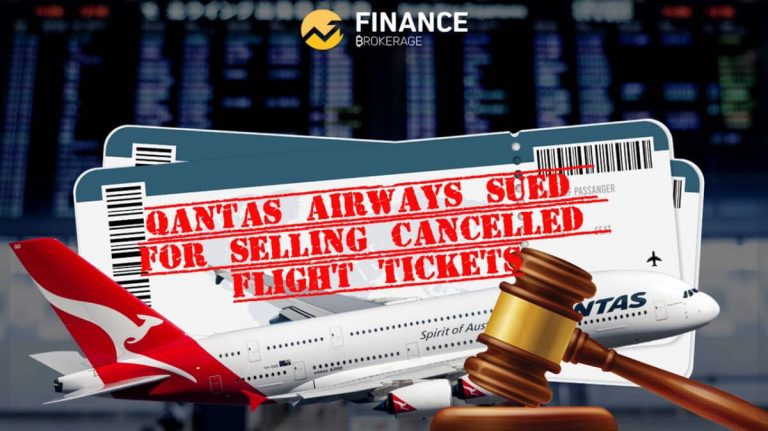Weekly News Summary for August 25 to August 31
Friday: August 25: Biden Administration Reports New Crypto Tax Rules
On Friday, a proposed US Treasury Department rule was published which requires cryptocurrency brokers, exchanges, and payment processors to report updated information on users’ sales and exchanges of digital assets to the Internal Revenue Service or IRS. It is an attempt from the Congress and regulatory authorities to catch crypto users who fail to pay their taxes.
The new rule covers cryptocurrencies such as Bitcoin and Ether, and non-fungible tokens. Also, brokers are required to pass the forms to the IRS and digital asset holders to help with their tax preparation.
Monday: August 28: Economic Distress Weighs on US Auto Sales
Light vehicle sales in the US are expected to maintain a steady pace in August. However, they are displaying hints that could lead to a slowdown. According to Chris Hopson, higher interest rates, credit tightening, and changes in vehicle pricing levels that decelerated are issues for consumers. Based on a report, its August sales are anticipated to hit 1.34 million units, 18.00% higher year-over-year.
Vehicle supply in North America could face disruptions brought by labor union conflicts, as said by analysts. Other experts mentioned that negotiations between the United Auto Workers from the US and Unifor in Canada poses as a major threat. Besides, their contracts are set to expire in mid-September 2023.
Tuesday: August 29: Google Reveals AI Tools Priced $30 Monthly
Google announced the availability of its artificial intelligence-powered tools on Tuesday for enterprise customers. They will be charged $30.00 a month per user as the Alphabet-owned company aims to generate profit from the technology’s boost in popularity this year. The price matches its rival Microsoft’s Copilot AI-powered software suits which includes Teams and Outlook.
The firm also strengthened investments in generative artificial intelligence as it plans on catching up after its competitor launched ChatGPT last year, which reigned over the technology industry.
Wednesday: August 30: Oil Gains from US Stockpile Draw and Hurricane Tensions
On Wednesday, oil prices earned additional gains after the industry data reported a large draw in crude outputs in the US, which is the world’s top fuel consumer, while the hurricane hitting the Gulf of Mexico kept investors tense. Brent crude contracts for October went up by 0.49% to $85.91 a barrel. The US West Texas Intermediate crude futures jumped by 0.62% to $81.66 per barrel.
Both benchmarks rose over a dollar as the US currency dropped after prospects of more increases in interest rates weakened after easing US job data. Also, crude inventories in America dropped to 11.5 million barrels in the week ended on August 25.
Thursday: August 31: Qantas Airways Sued for Selling Cancelled Flight Tickets
Qantas Airways was sued by Australia’s competition regulator amid accusations of tickets sales of thousands of flights after being cancelled, causing the airline to possibly face major fines and reputational issues.
According to the Australian Competition and Consumer Commission (ACCC), the carrier broke consumer law when it made ticket sales of over 8,000 flights from May to June 2022 without informing them about the flights’ cancellations. As a result, Qantas might face a maximum penalty of 10.00% yearly turnover or $12.80 billion. Although, the ACCC did not disclose an exact amount.
The post Weekly News Summary for August 25 to August 31 appeared first on FinanceBrokerage.



